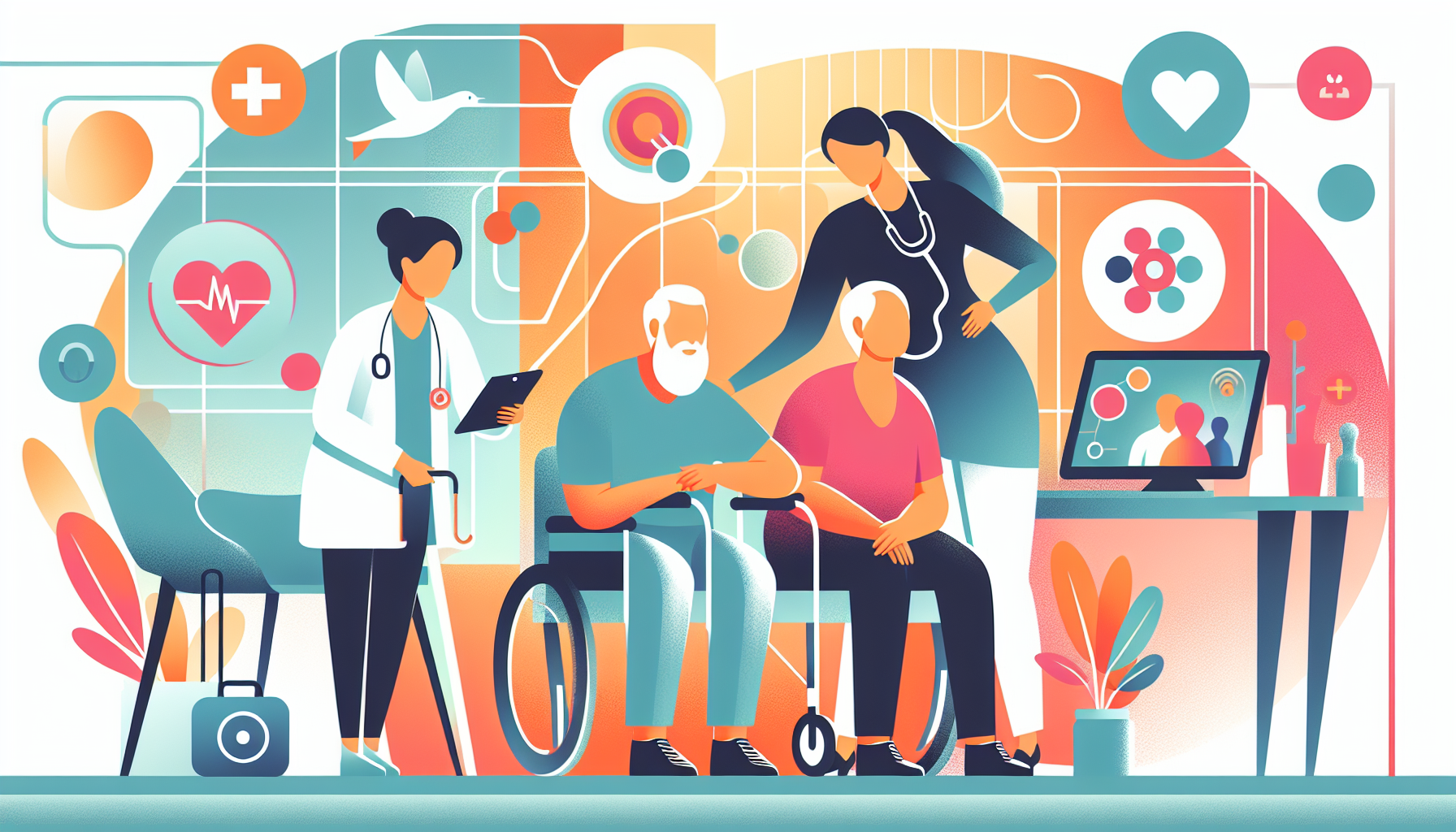Menopause Mood Swings
Menopause brings profound hormonal shifts extending far beyond hot flashes and irregular periods. As estrogen and progesterone levels decline, many women experience [...]
Read MoreTeletherapy platforms like Teladoc and Doctor on Demand provide HIPAA-compliant virtual mental health sessions that research shows are equally effective as in-person therapy for older adults.
Smartwatches and fitness trackers encourage daily movement, which can reduce anxiety and depression symptoms by 20-30% through increased endorphin production and improved sleep quality.
Memory apps and digital voice recorders help seniors with mild cognitive impairment maintain independence by providing medication reminders, appointment alerts, and task lists that improve daily functioning.
Physical activity tracking through wearables benefits brain health by promoting neuroplasticity—the brain's ability to form new neural connections that support memory and learning capacity.
Family support is crucial for successful adoption: adjusting font sizes, simplifying interfaces, reviewing privacy settings, and setting achievable step goals (starting with 3,000-5,000 steps daily) increases long-term usage rates.
Watching older loved ones struggle with memory problems, low mood, anxiety, or lack of motivation can be heartbreaking, especially during times of isolation. While waiting for mental health appointments may take months, technology offers some helpful alternatives to support seniors' mental well-being in the meantime.
You might hesitate to suggest technology for seniors if they seem uncomfortable with computers. However, older adults' tech adoption has rapidly grown over the past decade. With encouragement and help from loved ones, seniors can benefit from technology's potential to improve mental health, daily functioning, and quality of life.
Since the pandemic began, more seniors are seeing doctors virtually. Studies show teletherapy is comparable to in-person treatment for mental health. While mental health apps alone can't replace professional care, they can complement treatment. When choosing online therapy platforms, ensure they are HIPAA-compliant to protect privacy. Good options include:
Federal government wellness apps like Mindfulness Coach, COVID Coach, and CBT-i Coach can also help manage symptoms and teach coping skills.

Physical activity has numerous brain health benefits for seniors, including reduced anxiety and stress, improved depressive symptoms, and enhanced learning and memory. Wearables for seniors like smartwatches can help older adults set movement goals and track steps, calories, and sleep.
Wearables also have advantages for caregivers, who can monitor their loved one's activity levels for signs of mood changes, wandering, or falls. A significant increase or decrease in usual activity may indicate early depression or anxiety symptoms.
New research suggests memory apps like digital voice recorders or reminder apps on smartphones can help seniors with mild cognitive impairment maintain daily activities and improve prospective memory.
To support older loved ones in using technology for mental well-being:
Encourage trying research-based apps if they express interest
Read privacy policies for mental health apps
Verify online therapy platforms are HIPAA-compliant
Set physical activity goals using step-counting wearables
Adjust device settings for comfortable use (volume, font size, etc.)
Remember, technology isn't always the answer - if it doesn't suit your loved one, that's okay. The most effective treatments are those that patients believe in and can stick with consistently. Focus on providing support and exploring options together to find what works best for improving the mental health of the seniors in your life.
Mental health technology can significantly improve seniors' wellbeing through accessible therapy options, activity motivation, and cognitive support tools. Success depends on choosing user-friendly platforms and having family assistance with setup and goal-setting. If you need guidance selecting appropriate mental health technology for an older adult, Doctronic can help you understand the best options for their specific needs.
Menopause brings profound hormonal shifts extending far beyond hot flashes and irregular periods. As estrogen and progesterone levels decline, many women experience [...]
Read MoreLower back pain affects millions of people daily, whether from sitting too long at a desk, lifting heavy objects, or dealing with chronic conditions. While what causes lower [...]
Read MoreThe liver stands as one of your body's most hardworking organs, performing over 500 vital functions from detoxification to protein production. Yet liver disease often [...]
Read More